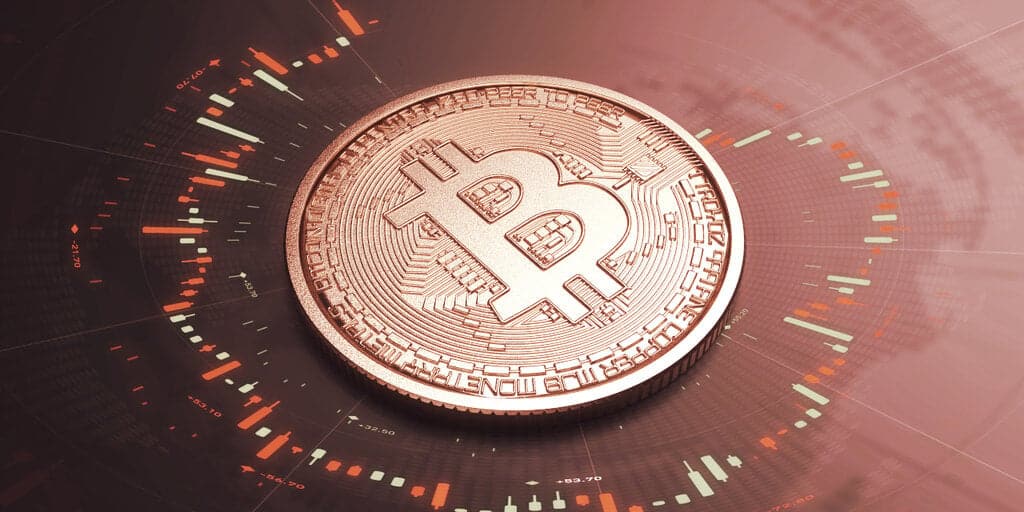
The space's Bitcoin ETF hopefuls, including BlackRock, VanEck and ARK Invest, disclosed their fee structures in their respective fund filings with the Securities and Exchange Commission in a Monday morning update.
The immediate take from analysts is that BlackRock's 0.30% proposed fee is well below industry expectations, making it harder for any firm in the running to compete with the world's largest asset manager.
Case in point: Bitwise Bitcoin ETF, ARK 21Shares Bitcoin ETF and Invesco Galaxy Bitcoin ETF all start with 0% fees. Even BlackRock's iShares Bitcoin Trust will have an introductory rate of 0.20% on the first $5 billion before switching to a 0.30% fee.
Investors have been looking for a better-placed Bitcoin ETF for a decade. An exchange-traded product that tracks the real-time price of Bitcoin allows investors to gain exposure to the asset in their portfolios without having to purchase and hold BTC themselves.
But the issuers are not doing all this just for the sake of their customers. The overhead you are taking to make Bitcoin exposure easier for investors will come at a cost. That's where fees come in.
Exchange-traded funds charge investors for all the work they do on behalf of investors, such as buying assets, storing them, and rebalancing when necessary. This means investors forego one-time transaction fees for ongoing maintenance fees paid to ETF issuers. And those fees can eat into returns, which is why they're the most watched listings as the industry waits for ETF approval.
For context, sponsor fees are collected daily and usually deducted from the fund's assets on a monthly or quarterly basis. It's not like issuers send bills to investors to collect their fees. It returns equal stock performance to ETF investors, minus any fees they pay to the holding company.
The relatively low fees from BlackRock and the low fees other companies charge to remain competitive have sparked debate in the crypto industry over whether zero-fee offerings should be worried.
This is no different from Claxon, a crypto lending product that promises high returns on deposits.
Caitlin Long, CEO of Custodia Bank (formerly Avanti Financial Group), said on X (formerly Twitter) that when an issuer pays less than it needs to cover the costs of managing a fund, there may be hidden risks.
“If there is no down payment, the answer is often collateral,” she said, “and this practice creates a lot of hidden risk for investors.”
For years he has been saying that Bitcoin “finance” can be a double-edged sword for the laser-eyed Maxis. But Bloomberg Intelligence analyst Eric Balchunas weighed in and offered some insight into how ETF issuers operate with 0% entry fees.
“Low fees attract most of the top management consultants [assets] In America. That activity attracts traders, and if an ETF is large and liquid, the issuer plays hardball [with its] “Cut your fees or we'll go elsewhere,” he said. “This is normal life in the ETF Terrordome.”
That means organizations like Coinbase and other designated Bitcoin regulators buy back ETF shares, and issuers can bear the brunt when they seek to lower fees on their funds to bring in new funds. through the door.
Edited by Stacy Elliott.












